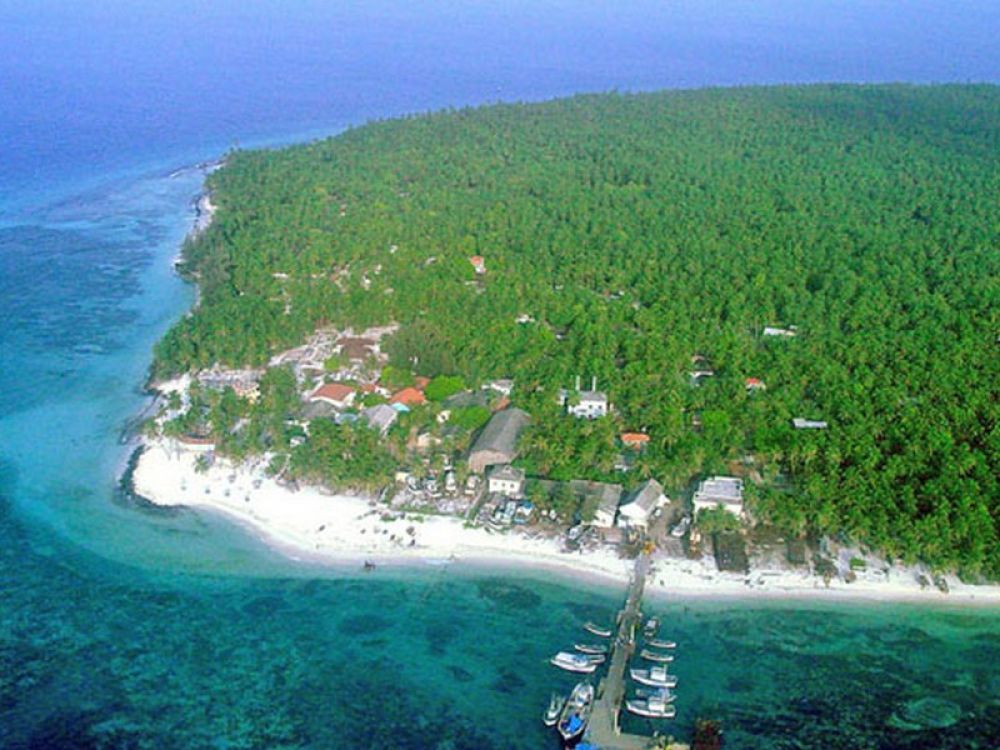

Lakshadweep, a tropical archipelago of 36 atolls and coral reefs in the Arabian Sea, is one of India’s smallest Union Territories. Chetlat Island is part of this stunning cluster of islands. With its turquoise waters, rich marine life, and pristine beaches, it is a slice of paradise for those who discover its charms.
The history of tourism in Lakshadweep, including Chetlat Island, is a relatively recent phenomenon. For years, these islands were solely inhabited by local communities who lived a subsistence lifestyle, based largely on fishing and coconut cultivation.
It was only in the 1970s that tourism began to emerge as a potential industry, following the Government of India’s initiative to promote Lakshadweep as a new tourist destination. However, due to the islands' delicate ecosystem, the government approached tourism development cautiously, emphasizing ecological conservation.
Understanding the ecological sensitivity of the islands, the Lakshadweep administration adopted a measured approach to tourism. It has implemented strict guidelines to protect the fragile coral reefs and local customs. As such, tourism on Chetlat Island, like much of Lakshadweep, was mostly limited to certain areas, with a focus on controlled growth.
Access to the islands, including Chetlat, has generally required special permits, with the number of tourists allowed each year being capped to prevent overuse of the islands’ resources.
Tourism in Chetlat Island centers around its incredible natural beauty and cultural experiences. Visitors can enjoy activities such as:
Cultural interactions with the local community are equally enriching, offering insights into the unique way of life of the islanders and their traditions.
Recent trends in Chetlat Island tourism have focused on promoting sustainable and eco-friendly practices. This includes the introduction of ecotourism initiatives such as coral reef safaris, where tourists are educated about the coral ecosystems while snorkeling or diving.
In response to global health concerns, there has also been an increase in tourists seeking more secluded and private vacation spots, and Chetlat, with its remote location and controlled visitor numbers, has become even more appealing to those looking to escape crowded destinations.
Going forward, the focus of tourism on Chetlat Island is likely to remain on sustainability. Efforts are being made to balance the economic benefits of tourism with the need to preserve the natural environment and the way of life of the local communities. Tourist facilities and infrastructure are also being developed in a manner that is sympathetic to the local ecosystem.
In conclusion, Chetlat Island offers a truly unique and sustainable travel experience for those fortunate enough to visit. The history of tourism here is a testament to the possibilities of responsible tourism in ecologically sensitive areas.